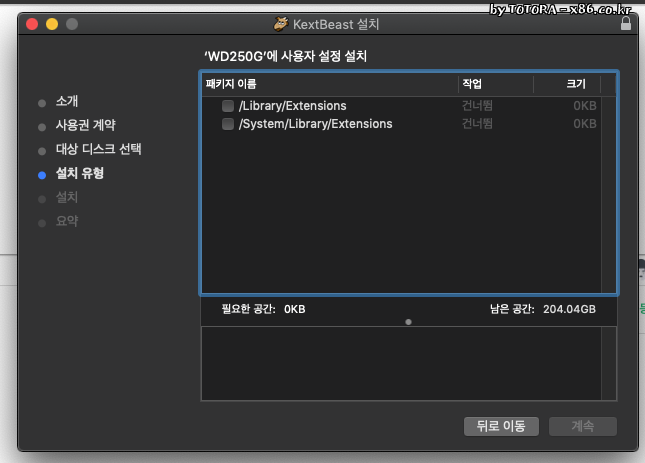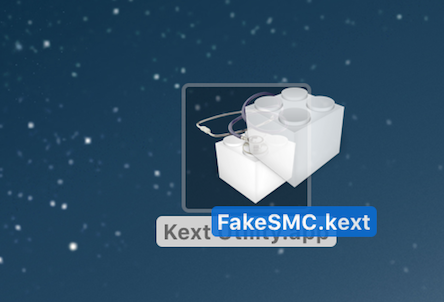

Important: Jtool has been thoroughly tested, but I still rely on your bug reports to tackle some of the more exotic animals in the Mach-O menagerie. Use this to force create a file, if one does not exist JTOOLDIR path to search for companion jtool files (default: $PWD).

Note you'll need 'less -R' if piping output G Gadget search (specify gadgets as comma delimited mnemonics)ĪRCH Select architecture slice. D Decompile (totally experimental - would love your feedback if you're reading this) tbd file (for *OS private frameworks only - you'll need the dyld shared cache for this) analyze Analyze file and create a companion file function_starts print table of function start addresses opcodes print opcodes used to generate the rebase and binding information lazy_bind print addresses dyld will lazily set on first use bind print addresses dyld will set based on symbolic lookups dec Decompress a kernelcache to /tmp/kernel (no longer necessary since JTool can now operate on compressed caches) K Kextract™ a kernel extension by its bundle ID Joker Compatible Options (applicable on kernel caches only): +platformize Platformize binary (injects platform-application, also implies resigning inplace) Inject entitlements into binary (implies resigning inplace)

ent Show entitlements in binary (if any)
#Kext utility 사용법 code#
sig Show code signature in binary (if any) d Dump (smart dump, will disassemble text and dump data by autodetecting) o Find address corresponding to offset _offset_ a Find offset/segment corresponding to virtual address _addr_ F find all occurrences of _string_ in binary q Quick operation - do not process any symbols in the Mach-O e extract fat slice, Mach-O segment/section, dyld shared cache dylib or (NEW) kernelcache kext h Dump Mach-O (or DYLD Shared Cache) header For the legacy v1 download, click here, which I'm leaving here because I still am not finished with Objective-C support in (~) %jtool2 -help 11:10
#Kext utility 사용법 free#
Jtool and jtool2 ENTIRELY FREE for use of any type (AISE), and the latest version can always be found right here.


 0 kommentar(er)
0 kommentar(er)
